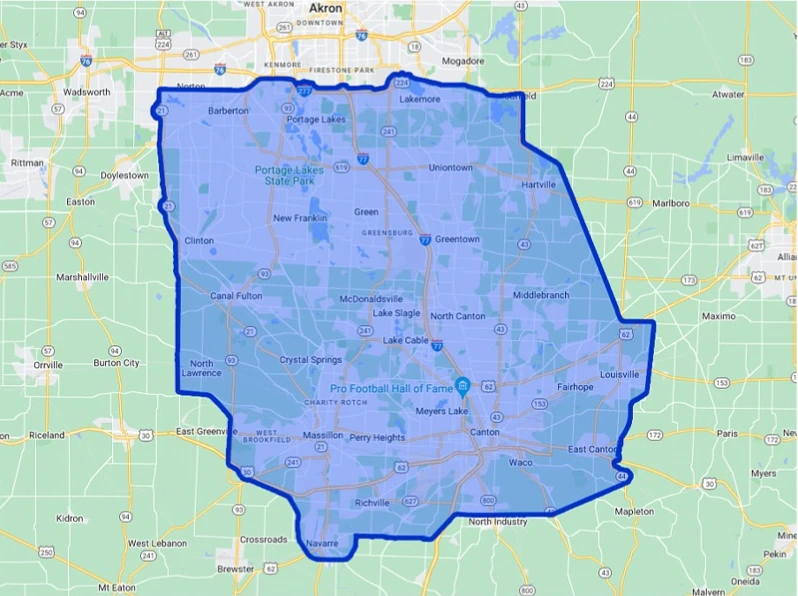Central heating systems differ. The most common systems in Canal Fulton, OH, are boilers and furnaces. Read on and see what the difference is between a boiler and a furnace.
Boilers
Boilers use water to create heat. The heat circulates through the house via endpoints such as radiators. Heat delivery increases surface temperatures, and in turn, warms the area.
There are gas heaters and electric instruments. Gas boilers use jets under their tank. Electric instruments have heating devices built into them.
Furnaces
A furnace is a forced-air system. Electric instruments generate heat while gas furnaces combust fuel.
Electric furnaces have components that warm air and jet it into the home. Heated air gets blown through ducts using a heat exchanger. Blower fans circulate heated air.
What are Their Advantages?
Boilers are producers of clean heat. Their energy efficiency means less wasted heat. They also tend to require less repair and operational expense.
A furnace will heat quickly as they have faster start times. If your home already has ductwork, a furnace installation has no need for radiators, pipes or heaters.
Which is Easier to Maintain?
Both devices have an average life of 15 to 20 years. Annual inspections and regular maintenance can help extend lifespans.
Furnaces will require a watchful eye. They tend to need more repair. Boilers require less because the engineering isn’t as complex as a furnace.
Boilers make less noise as they don’t use fans. Furnaces don’t need water so you’ll save on that utility.
What you choose depends on the current condition of your home and your budget. Only a professional can make sure you make the right decision when it comes to heating. Contact Quality Heating & Cooling for all your boiler and furnace services. We look forward to making sure you stay warm this winter.
Image provided by iStock


